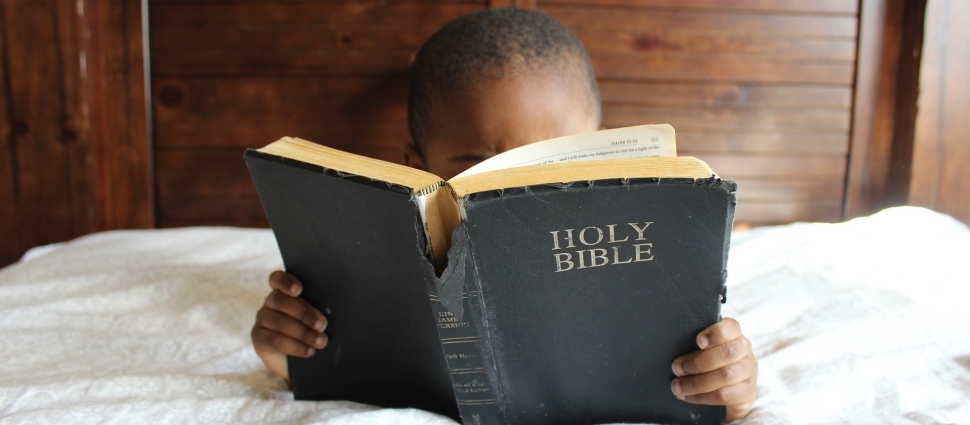The Ten Words: The Second

The second commandment is tricky business. Let me state the matter in the form of a question. Do verses 4-6 of Exodus 20 constitute another commandment, a second commandment, or are these verses simply part of the first commandment stated in verse 3? Roman Catholicism says, no, they are a continuation of the first command. Protestants say, yes, these verses are a second command. Historically, Protestants have pointed out that such a move on the part of Rome seeks only to justify a culture that had for a long time venerated images. The Counter Reformation of 1545 had the opportunity to respond to the charge made by the Reformers. In the twenty-fifth session of the Council of Trent, the document to emerge from that period, does indeed answer Protestants. Trent says,
Moreover, that the images of Christ, of the Virgin Mother of God, and of the other saints, are to be had and retained particularly in temples, and that due honour and veneration are to be given them; not that any divinity, or virtue, is believed to be in them, on account of which they are to be worshipped; or that anything is to be asked of them; or, that trust is to be reposed in images, as was of old done by the Gentiles who placed their hope in idols; but because the honour which is shown them is referred to the prototypes which those images represent; in such wise that by the images which we kiss, and before which we uncover the head, and prostrate ourselves, we adore Christ …”[1]
Several points emerge; first, images are to be retained. Second, due honor and veneration are to be given to these images. Third, this veneration is displayed in kissing them, uncovering the head before them, and prostrating oneself before them. Of course, in all fairness, Rome wants us to know that the laity is only to offer dulia to these images and not latria. However, in all fairness to common sense, the laity isn’t making that fine distinction as they venerate relics and images in the hope of shaving a few years off Purgatory.
Protestants have a different take on the second commandment. They have always understood the first command (Ex. 20:3) to limit worship to God alone while the second command (Ex. 20:4-6) tells us how this one true God is to be worshipped. In other words, God regulates the worship that is offered to Him. This command is like the other commands that follow. A negative command is given, such as, you shall not commit adultery, but the command contains a positive principle. We are to lead a sexually pure life, whether single or married. So too, we find a negative command, do not make images which represent God because they will lead you away from God (e.g. Rome). The positive principle? We are to worship Him according to His prescription.
But like the other commandments, the negative command contains an example. Like the sixth commandment, calling us to sexual purity, gives adultery as an example, so too does the second commandment. We are not to make images. God regulates our worship and this is a very important aspect of regulated worship. We are not to make images that represent Him. Now, here is where we are going to ruffle the feathers of Protestants. This means no images of Jesus. Think of a very simple syllogism.
Premise 1: No images of God.
Premise 2: Jesus is God.
Conclusion: No images of Jesus
It is that simple. How can Protestants miss it? The answer is that we have moved away from the idea that God regulates our worship. That is, we have moved away from the second commandment. We no longer believe that God cares what we bring so long as we bring it with emotion. This, brothers and sisters, is wrong. Ever since the Old Testament God has regulated worship (Deut. 12:32) nor has this changed in the New Testament (Matthew 28:20; Col. 2:21-23). The idea that we can offer self-made worship is a violation of the second commandment, which again, tells us how the true God is to be worshipped. However, I say this knowing that the emotive tide within the church is running high, especially since the pandemic. May God give us hearts that long to worship him in spirit and in truth.
Jeffrey A Stivason (Ph.D. Westminster Theological Seminary) is pastor of Grace Reformed Presbyterian Church in Gibsonia, PA. He is also Professor of New Testament Studies at the Reformed Presbyterian Theological Seminary in Pittsburgh, PA. Jeff is the Senior Editor of Place for Truth (placefortruth.org) an online magazine for the Alliance of Confessing Evangelicals.





